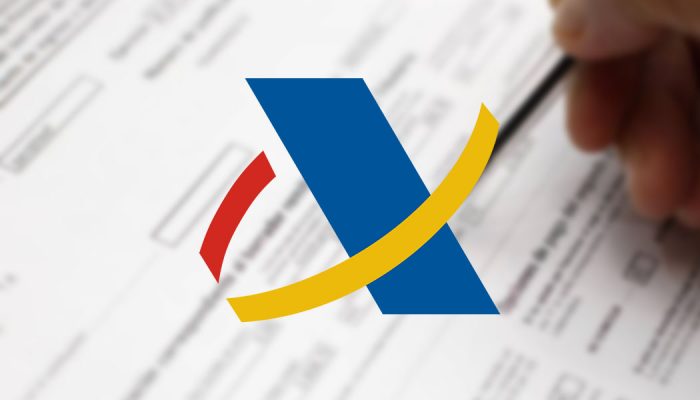A ´Sociedad Civil´ is the legal form of a partnership business. Similar to a limited company,but with some fundamental differences. What is it? Is it recommendable for you?
Some differences with SL companies.
A Sociedad Civil is a legal entity that lies between the sole trader and the limited company. The most fundamental differences are:
1. It does not benefit from limited responsibility. The partners back the company´s liabilities with their own personal assets.
2. Both SL companies and SC partnership come under the corporation tax law. However newly formed SL companies can benefit from a reduced corporation tax (15%) during the first 2 years of business. This is not a provision for SC partnerships.
3. SC companies have less administrative obligations, reducing its formation costs and maintenance.
How it is formed
The partners sign a contract stipulating the objective, initial capital, statutes and shares of each one. Once this contract is registered in the Tax Office, the SC is assigned a distinctive CIF number.
Contrary to SL companies, there is no need to register the company or its name in the House of Commerce (Registro Mercantil), nor does it have to submit the ledgers to it every year.
As in the case of SL companies, the SC company operates under its own name. As a consequence, invoices and other documents, such as licenses, need to be issued to that name.
The company cannot offset invoices issued to its partners or benefit from licenses given to them.
Partners and administrator.
The applicable law makes distinction between working partner or investing partner (who only offers capital but he does not work in it).
All working partners must be registered as autonomos. For now, partners of SC partnerships have access to the same reductions available for self-employed ones.
If a company has these two types of partners, it can be agreed that those who work in it receive a salary beside their shares in the profit that will receive as dividends. Normally this would not be necessary if they all work in it.
The administrator or director is the figure of the partners that make decisions during everyday activity and has signing powers in behalf of the company. There is no need that there is only one administrator.
In cases where there are more than one there are two modalities:
Administradores Solidarios.
Any of them can sign solely any document in behalf of the company.
Administradores Mancomunados.
The signature of all of them ( or any two of them, for instance) is needed to validate a document.
When is it recommendable.?
A SC company can simplify matters considerably in cases where two individuals do business together on a regular basis. Other ‘solutions’ ( apart from the SL company )normally bring problems:
1. Two autonomos working together.
If they work from an office or other premises, whose name goes in the rental contract? Who gets the opening license? What if the one with all documents in his name decides to leave? If they form a SC company, the leaving partner only needs to sell his shares. All names and documents signed remain valid.
2. One registers as autonomo and then he ’employs’ the other. ( The second one would appear as employee of the first).
If there is a dispute later on, will the fact that one is the employer “on papers” make him feel that he is the boss? ( We are assuming here that it is a partnership). If there is an incident,will the ’employee’ take advantages of his legal rights against the ’employer’? (Redundancy payment or off-sick payment)
Our experience show that the best option, in which every one is protected, is when paperwork reflects correctly the real situation of the business.
Related: Self-employed or Limited Company?
For a comparison of costs involved in forming a company check Costs of setting up a business
 Limit Consulting
Limit Consulting

